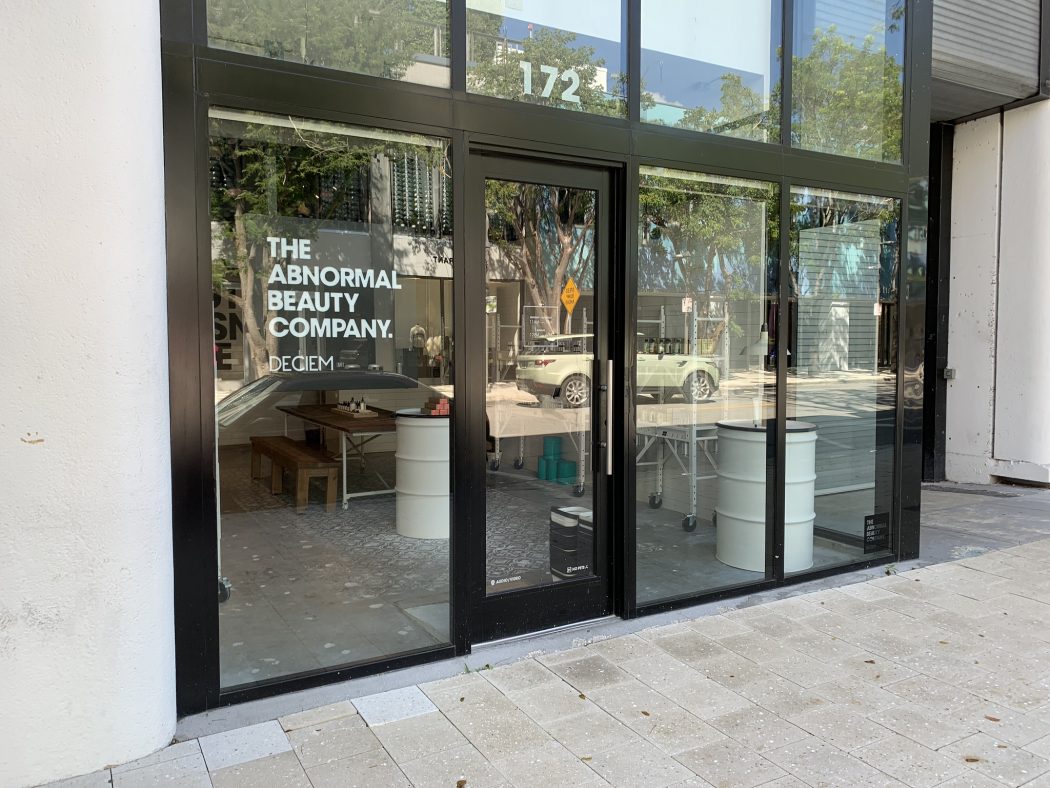Deciem, a Toronto-based beauty start-up, is anything but normal. In 2003, rather than positioning itself as conventional, Deciem decided to differentiate itself from the competition, going as far as making their slogan,“The Abnormal Beauty Company”. With 10 sub-brands, ranging from skincare to supplements, and $300 million in expected sales for 2018, Deciem seems to be monetizing off their abnormality. One of their sub-brands is The Ordinary, a bare-bones skincare brand that removes all of the frills that traditional beauty companies package with their chemical concoctions. The business model is both simple and effective: strip the product down to its most rudimentary chemical form, ditch the fancy names and packaging, and sell for a fraction of the price of competitors. The industry took notice; in addition to their projected numbers, Estee Lauder bought a 28% stake in the company in 2017.
This year, Deciem operates in almost 30 different retail locations in seven different countries, and is continually expanding to meet unprecedented and almost cultish demand. This expansion has been met with bizarre, almost unbelievable drama. In early 2018, founder and then CEO Brandon Truaxe announced a radical change to Deciem’s marketing strategy. Truaxe began using the company Instagram as his own personal account, which produced results as nightmarish as one could imagine. Followers of Deciem would see pictures of garbage piles — as Truaxe announced his intention to remove all plastic in Deciem products — alongside pictures of dead sheep to lament how Deciem will never test on animals.
These unconventional posts were only the beginning, as Truaxe began firing high-ranking employees in the company for no apparent reason. The peak of this strange behaviour happened when Truaxe announced in October 2018 that Deciem would be shutting down all retail stores, claiming “major criminal activity” in an erratic video he posted to Deciem’s Instagram. Tagged in this video were an array of companies and people, namely Estee Lauder, Tom Ford, IT cosmetics, Brad Pitt, and George Clooney. At this point, Truaxe had gone too far, and Estee Lauder (then a 28% stakeholder) acted to get him removed from the company through the Ontario court system. Kilner was eventually re-instated as CEO, signalling that the PR crisis had come to an end, and that Deciem could resume doing what they do best: taking the headache out of beauty products.
The peak of this strange behaviour happened when Truaxe announced in October 2018 that Deciem would be shutting down all retail stores, claiming ‘major criminal activity’ in an erratic video he posted to Deciem’s Instagram
Deciem managed to go from a small-time startup in Toronto to a global force that is challenging the conventional giants of the beauty industry. In spite of the outlandish behaviour of Truaxe, the company maintained a sea of loyal consumers. This signals the underlying strength of Deciem’s business model, which withstood management decisions that seemed almost intentionally adversarial. Other firms in different industries could learn lessons from Deciem in that simplicity is often the answer that customers seek. The Abnormal Beauty Company is truly anything but ordinary.


